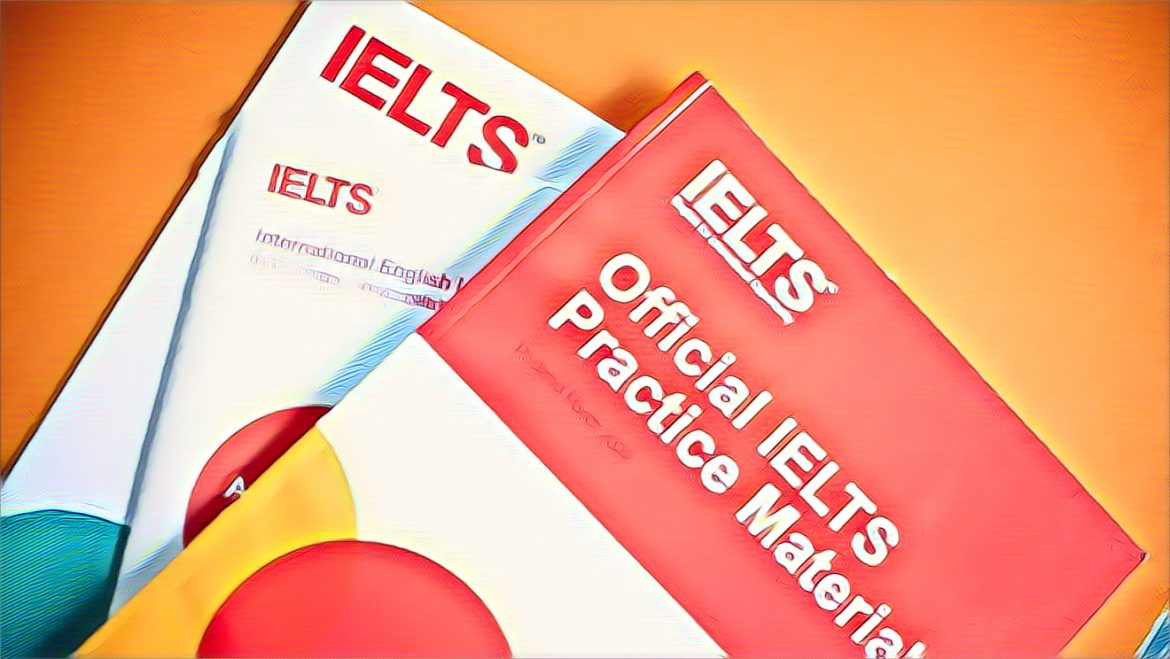The British Council in Nigeria has announced a 29% increase in the fee for the International English Language Testing System (IELTS), a popular exam for non-native English speakers who want to study, work or migrate to English-speaking countries. The new fee, which will take effect from February 1, 2024, is N139,000 for the Computer Academic and General Training Modules, up from N107,500.
The British Council said the fee hike was due to the increased costs of delivering the exams, and that it would enable them to continue to offer a wide range of services and comprehensive support to the candidates. The council also thanked the applicants for choosing them and assured them of their commitment to quality and integrity.
The IELTS is one of the most widely accepted English language tests in the world, with over 3.5 million tests taken in 2020. It is recognized by more than 10,000 organizations, including universities, employers, immigration authorities, and professional bodies. The test assesses the four skills of listening, reading, writing, and speaking, and is available in two versions: Academic and General Training.
The Academic version is for those who want to pursue higher education or professional registration in an English-speaking environment, while the General Training version is for those who want to work, migrate, or study at a secondary level in an English-speaking country.
The British Council is not the only organization that administers the IELTS in Nigeria. Other test centers offer the exam, such as the IDP Education and the MOD Education. However, the British Council is the most popular choice among Nigerian candidates, as it has more test locations and dates, and also provides free preparation materials and resources.
The fee increase by the British Council has sparked mixed reactions from Nigerians, especially those who are planning to take the exam soon. Some have expressed their frustration and disappointment, saying that the fee is too high and unaffordable for many. They have also accused the council of exploiting the high demand for the exam and taking advantage of the weak naira.
Others have defended the council, saying that the fee is reasonable and justified, considering the high quality and standard of the exam and the services provided by the council. They have also argued that the fee is comparable to other international exams, such as the TOEFL and the GRE, and that the candidates should see it as an investment for their future.
According to official data from government websites, Nigeria has one of the lowest literacy rates in the world, with only 62% of the population aged 15 and above able to read and write. The country also faces many challenges in its education sector, such as poor infrastructure, inadequate funding, low enrolment, high dropout, teacher shortage, and curriculum mismatch.
However, despite these challenges, many Nigerians are eager to improve their education and skills and seek opportunities abroad. The IELTS is one of the ways that they can achieve their goals and dreams, as it opens the door to many possibilities and benefits. Therefore, many Nigerians are willing to pay the price for the exam, hoping that it will pay off in the long run.
Source: Business Day


